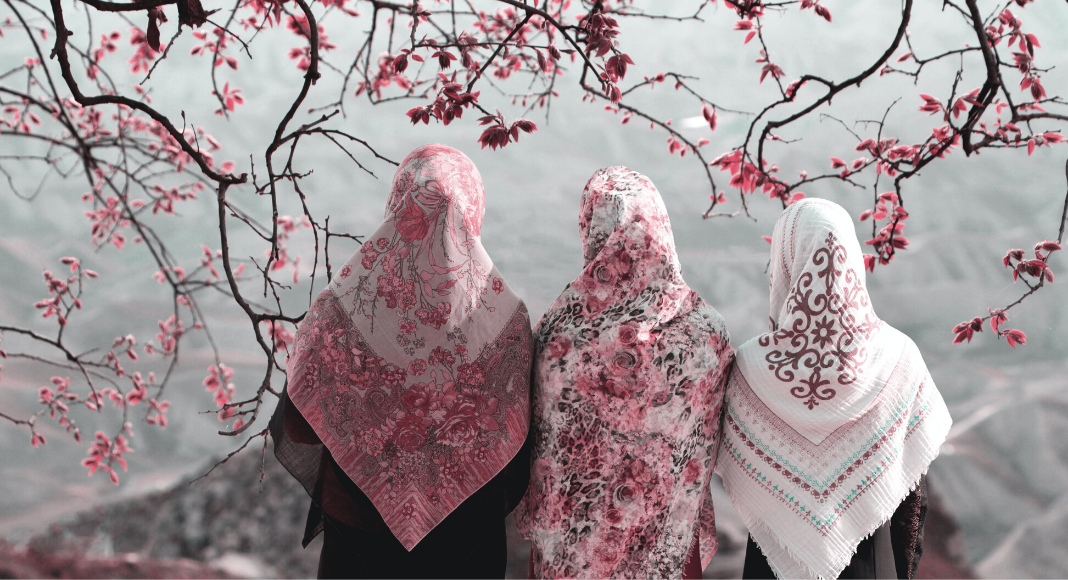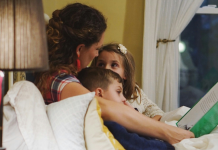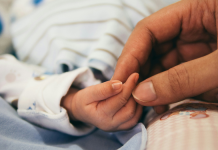Ramadan or Ramzan (pronunciation varies by region) is the ninth month in the Islamic calendar and is a time of fasting and spiritual focus. This is a time that commemorates when the Quran was revealed Mohammed.
My dad is from Pakistan, and growing up, our family celebrated Ramadan and Eid-al-Fitr, the celebration that marks the end of Ramadan.
I wanted to share a little bit about this month and how my family celebrates it. As with all celebrations, our traditions and celebrations will definitely look different from other families. I’d love to hear how you celebrate!

When is it?
Since the month of Ramadan is based on the Islamic calendar, it is not a set date from year to year. The start and end are based on the lunar calendar and the actual sighting of the crescent moon. For this reason, people in different areas of the world may start and stop on different days. People in the United States might choose to celebrate with their country of origin or with the sighting in the area that they live in. For this reason, you may see people starting and ending Ramadan within a day or two of each other. This year, it is anticipated to begin on April 24 in Pakistan.
Fasting
Most Muslims observe fasting during the month of Ramadan. Fasting includes not eating or drinking anything between sunrise and sunset. Again, this practice may look different for different families. I have met Muslims who also abstain from television, music, swearing, or other worldly things that distract from their spiritual practice. The purpose behind fasting is to cleanse the soul, teach self-discipline and sacrifice, and focus on their faith.
Not everyone has to fast; the idea is not to put people at undue harm. For example, people with chronic illness and women who are menstruating, pregnant, or postpartum are exempt. People who are sick or traveling can skip those days and make them up later. Despite this, many Muslims choose to fast even if they have a reason not to because the benefits of fasting and practicing their faith outweigh the hardships.
Suhoor and Iftar: Suhoor is the morning meal before the sunrise. When I lived with my parents, this was always a special time for me. The house was quiet, and I almost always had an egg and toast with my dad hours before the world got busy. Iftar is the evening mealtime when families break their fast. During the month of Ramadan, this is often a time for community. Families will break their fast together or many Mosques provide Iftars during the month of Ramadan. For our family, I remember that Iftar often meant lots of fruit and dates, and it felt like an abundance of nature.
Eid
Eid-al-Fitr is the celebration at the end of Ramadan, and for our family was the big holiday of the year. (This is not to be confused with Eid al-Adha, celebrating Abraham’s sacrifice during the twelfth month of the Islamic calendar). There are so many ways to celebrate Eid, so I’ll just share a tiny bit about how our family always celebrates.
One of the traditions is to wear new clothes. Since Eid is a celebration, it makes sense to want to dress up. Dressing up in new clothes symbolizes new beginnings. The second way we’d celebrate is with the Eidi – which is a gift typically given to children by elder relatives. For us, my dad always gave us some money and we felt so grown up and special! The final, and my favorite, way we celebrated was with a big feast! My mom would make samosas (think triangle-shaped spring rolls filled with ground beef and spices and deep-fried to a crisp), pakoras (veggies covered in a chick-pea batter and fried), curry, fruit salad, gulab jaman (my favorite dessert – spongy dough balls in a rose-scented syrup). All manner of delicious treats!












